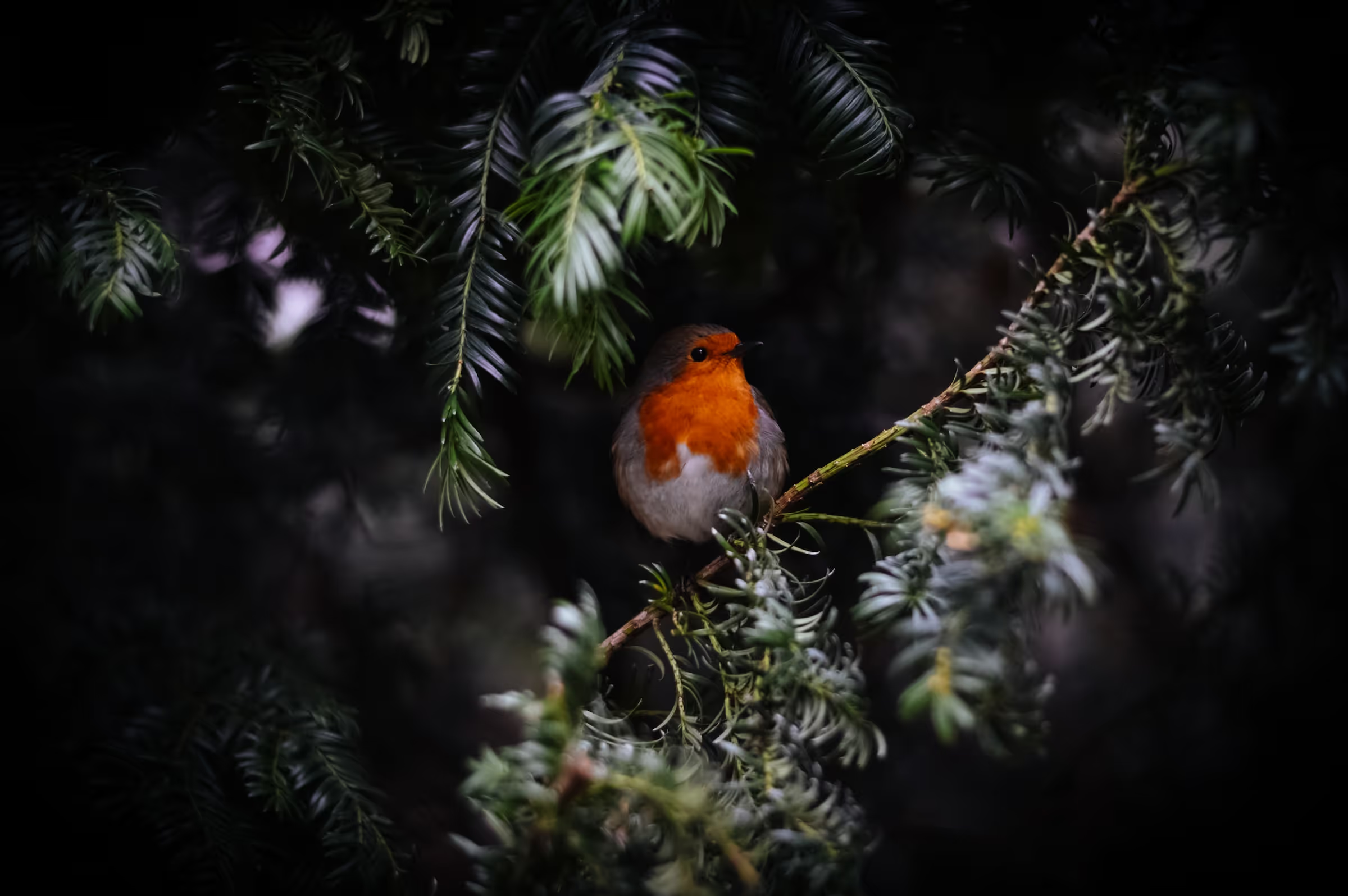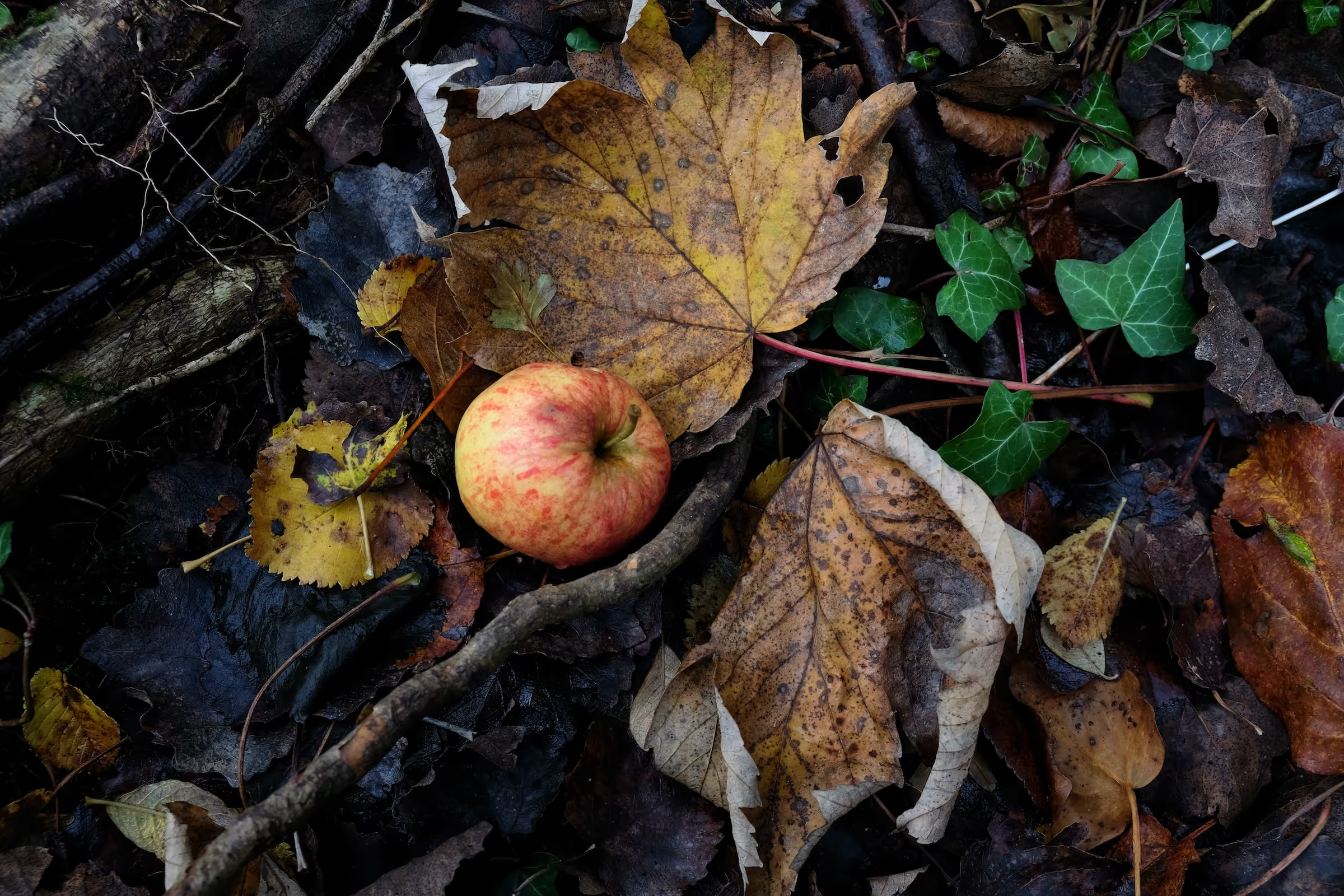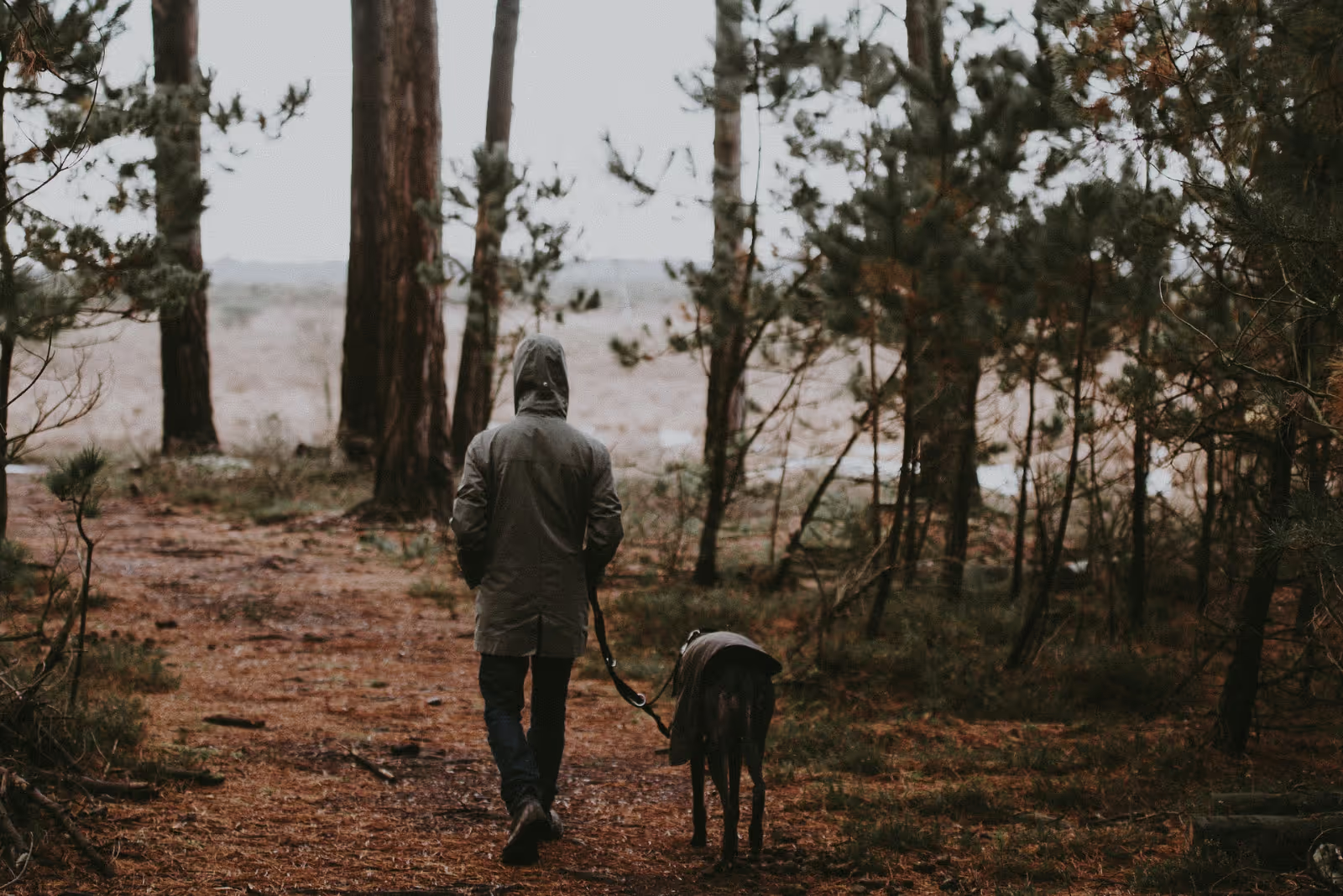.avif)
Ah, the classic retreat spot for when we need to untangle our thoughts and take a breather after chasing deadlines. Today, let's embark on a responsible stroll through the forest nooks and countryside meadows. We might be serving up old wine in new bottles here because, let's face it, these rules are pretty much common sense. But hey, a little reminder with a fresh twist never hurt anyone, right? So, let's spruce up our relationship with nature and enjoy the walk!
If we don't want to be as welcome as a potato beetle or a debt collector, let's respect one of those rare havens of silence found in natural areas. If, like us, you live in urbanized areas, you surely understand the importance of nurturing these few pockets of tranquility. It's where we heal our senses strained by urban noise. We won't even mention the needs of animals and their right to function freely in their own home.
To avoid the "Tourist Muggle" badge:
What can we do?

2. Don't leave your leftovers behind
We get it, tossing regular trash is a no-go for most of us, but let's talk about the sneaky stuff like chewing gum, banana peels, cigarette butts, tissues, and even apple cores:
We won't address the issue of hunters who scatter food under their stands. We trust that we can avoid arguments like "if others do it, why should I restrain myself?" because there's no need to stoop to that level. Let's strive to set the best example.
What can we do?

3. Keep your furry friend on a leash
In the forest, it's like a pawty for wildlife, so let's make sure our pups don't crash it! Keep those tails wagging safely on a leash, especially during critter busy seasons (from March to December). We get it, dogs wanna have fun too, but a forest romp could turn into a furry fiasco if:
What can we do?

The ultimate Instagram moment? It's the one where we give wildlife some peace and don't snap selfies with them. So, let's pass on the animal photoshoots, resist the urge to pet them, or play wildlife paparazzi – especially if we're self-proclaimed animal lovers. You surely know that the greatest gift we can give wild animals isn't human-like affection, petting, or feeding, but ensuring they don't get too comfy with humans, but stay wild and free, and their homes are safe.
Some well-meaning explorers might scoop up a lost fawn, bunny, or lone chick they find in the woods. Sadly, this does more harm than good. Why? Here's the scoop: lots of animal moms (like deer) stash their young at a distance. They check in a few times a day but mostly hang nearby to scare off any sneaky predators. Taking the "rescued" young from their moms deprives them of a shot at normal life and freedom.
What can we do?

5. Ticks and mosquitoes: the DEET bath
We've all been there, cursing the mosquito squad after just 10 minutes of chill time in the backyard or on the balcony. Well, scientists have a unanimous verdict: mosquitoes and ticks might be pesky, but they're essential players in the great outdoors.
Fact 1: If every gardener's, griller's, or outdoor enthusiast's dream came true, and all mosquitoes vanished from the world, it would seriously mess up the ecosystem. Some mosquito species are pollinators in the tundra and are food for many "helpful" animals.
Fact 2: Ticks are also a vital part of the food chain: a protein source for ants, beetles, toads, shrews, mice, and rats. They're also "regulators" – spreading diseases, regulating population numbers, crucial for natural selection, and maintaining balance in nature.
How can you avoid becoming a bug buffet? Here are some handy tips:
.avif)
6. When nature calls…
Of course, when nature calls, you've gotta answer, but there's a classy way to do it without shocking innocent forest strollers with unexpected surprises along the way.
Here's the scoop, straight from the Forest Service:
And that's it! You walk away lighter by one problem, without ruining the scenic view for others.
That's a wrap!
Thanks for taking the time to up your eco game. It's important because when we take care of our forests and green spaces, we can truly feel at one with nature. Our final stroll in this series will be through the city. See you there!
.avif)